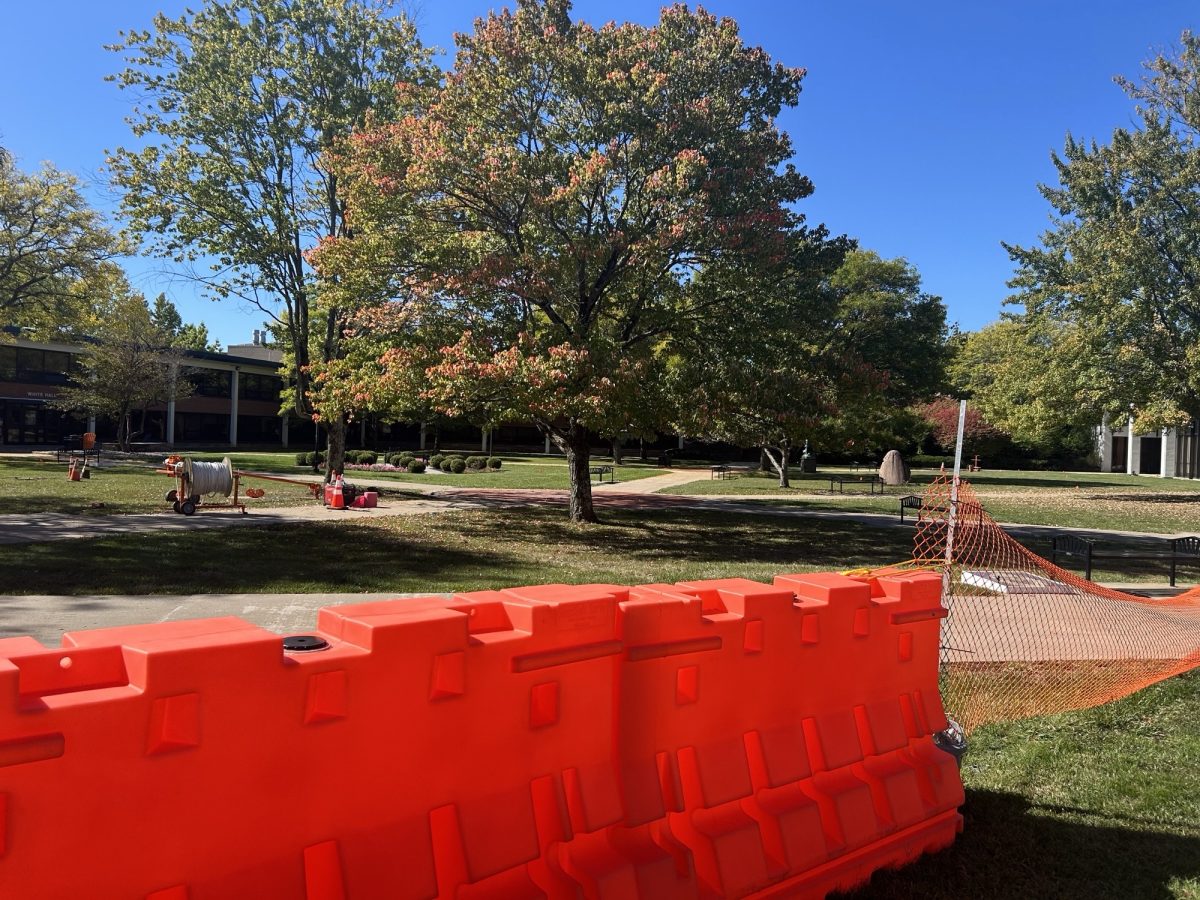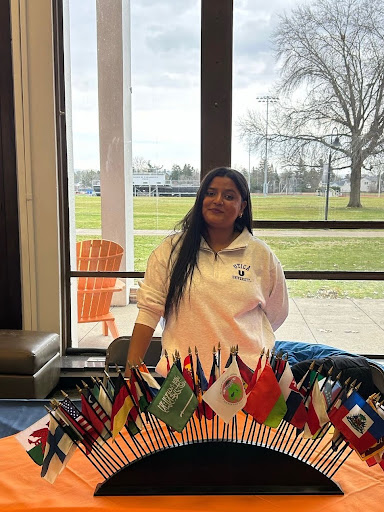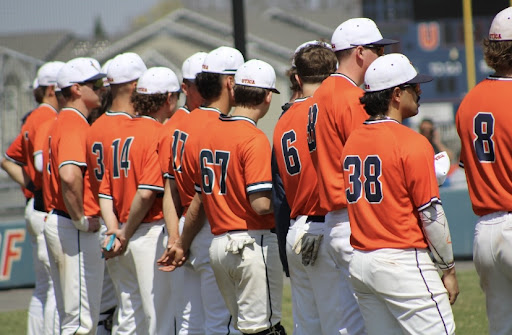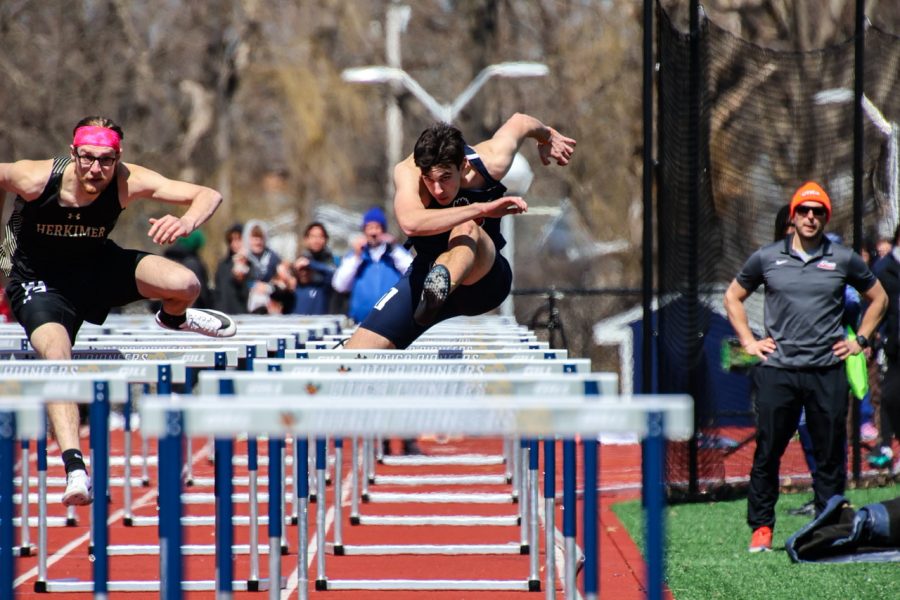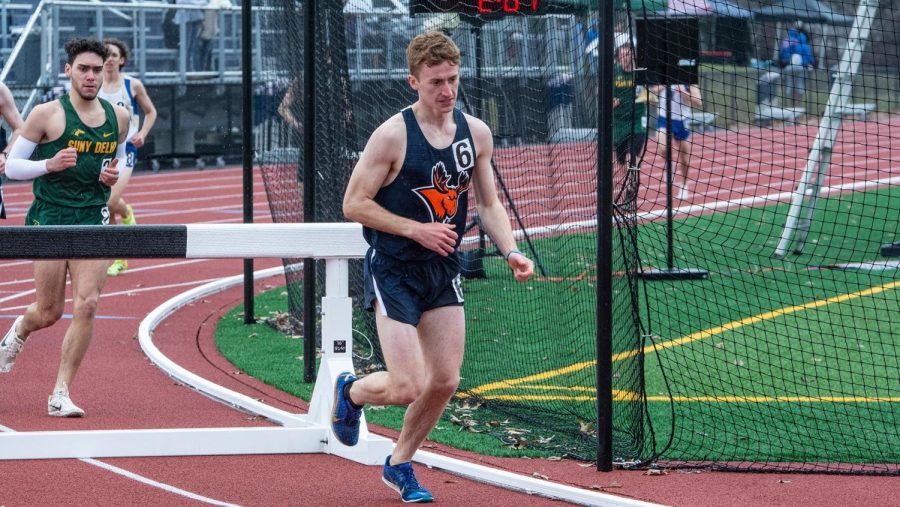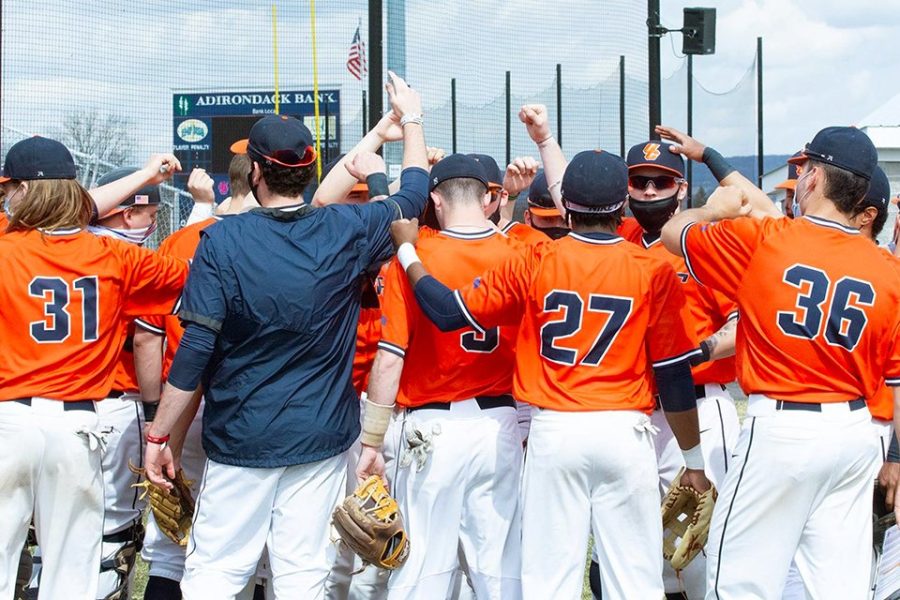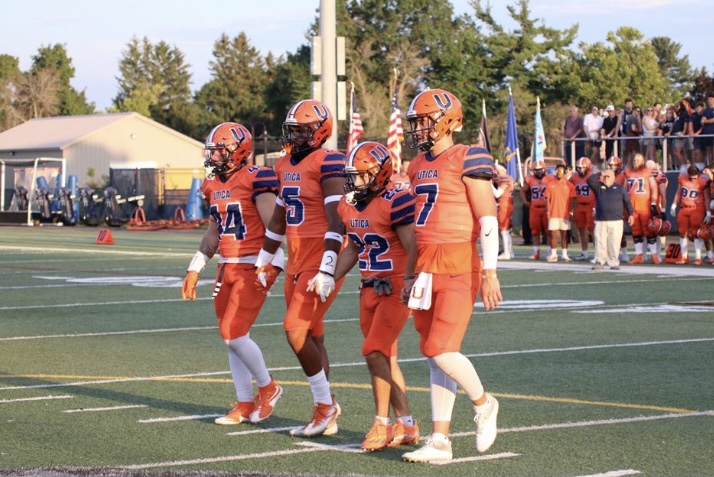A robust athletic season has returned to Utica College with 23 different teams playing fall and spring sports at once. While the process has not been easy and circumstances still need to be evaluated carefully to finish the seasons safely. Student-athletes have had to adapt to new learning environments and lack access to sports. These circumstances have affected student athletes’ well-being.
A total of 4-in-5 student-athletes indicated that both local regulations and a lack of access to appropriate facilities were barriers for them, according to an NCAA survey. In addition to structural barriers, participants also reported that emotional barriers were impacting their ability to train, including fear of exposure to COVID-19, lack of motivation, feelings of stress or anxiety and sadness or depression. Despite those worries, 70% of student-athletes said they are confident in passing their classes.
- ‘Just come try it’: Women’s Wrestling Team looking for new members
- Slashed SGA budget sparks student frustration at recent meeting
- Editorial: Your campus, your voice – How to reach us when you want to speak out and how we make editorial decisions
- Op-Ed: Why Black student perspectives matter in campus reporting
- Conservative activist Charlie Kirk’s death shocks Utica University students
Louis Nuzzo, a junior at Utica College, is a member of Pioneers soccer and tennis teams and can relate to the survey findings. The lack of access to sports and living through the COVID-19 pandemic has impacted him.
“It has disallowed me to do the thing that I enjoy and love, but at the same time it showed me that I should not take it for granted,” Nuzzo said. “My mental health has been fine either way. I am able to focus on school more and keep my grades up as well.”
Nuzzo decided to play soccer this spring season, a difficult decision he had to make among the other sacrifices due to COVID-19.
“I would say soccer has always been a huge part of my life and keeps me going when everything else gets tough,” Nuzzo said.
These uncertain times have brought higher rates of anxiety, returning to sports is a positive step in making sure student athletes’ well-being is considered in decision making going forward.
Nuzzo started playing tennis in high school, he began playing tennis because his friends often played. He picked up quickly on the sport, enjoying it in his free time. Nuzzo also enjoys golfing when the weather allows him to play.
He said his confidence took a hit in the absence of sports and it was hard to deal with.
“It’s tough when you work hard in soccer and then don’t necessarily get rewarded for your work,” Nuzzo said. “Playing in college is very different from high school and I had to adapt and learn to enjoy the grit and work it takes to get somewhere and that’s how I got over the lack of confidence when it came to soccer. I learned to enjoy the passion I still have and let that drive me when I play and no matter the outcome I always push my hardest.”
Nuzzo is not afraid of challenges as he pushes himself to best in everything he does.






































































































































